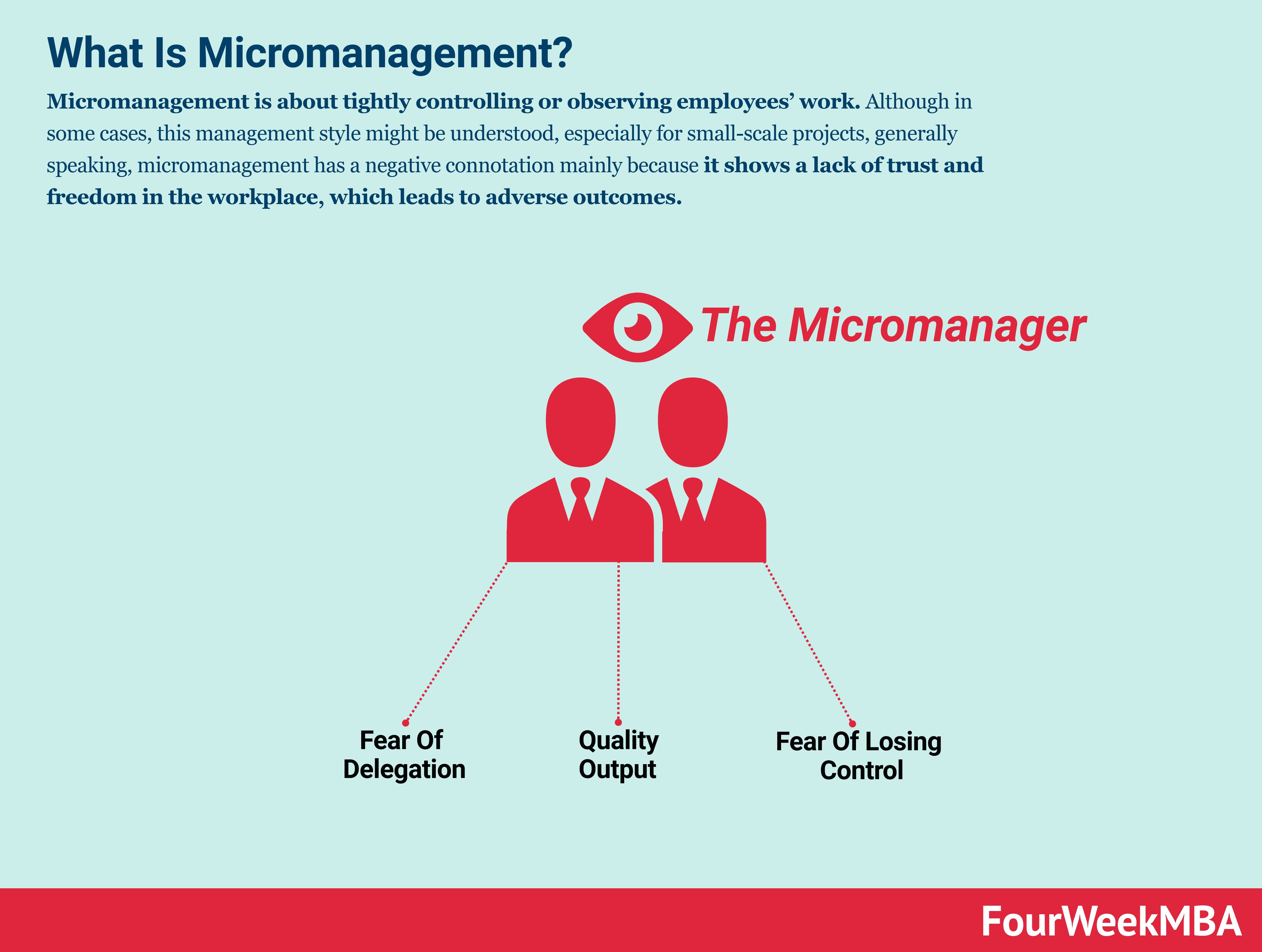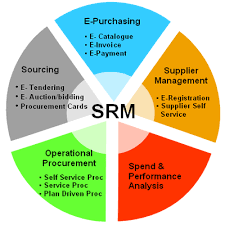
You can be a labor relations specialist if you are interested in a career as a labor relations specialist. While this job requires a Bachelor's degree, you can also earn a Master's degree. An employment description for a labor relations specialist should outline the required and preferred qualifications. A labor relations specialist's education and certification should also be spelled out in the job description.
Common duties for a labor relations specialist
The labor relations specialist must not only have extensive experience in human resources but should also have excellent interpersonal and problem-solving skills. A labor relations specialist should be proficient in spreadsheets and technology. In just a few moments, you can create a labor relations specialist restart. Use our sample labor relations specialist resumes as a guide to help you create your own.
A bachelor's degree is the most common requirement for labor relations specialists. Education requirements for labor relations specialists can vary, from a high school diploma up to a master's. Labor relations specialists are responsible for creating a link between workers and managers.

Education required
It is important to know the employment laws before embarking on this career path. These laws include National Labor Relations Act and Fair Labor Standards Act. To become a labor-relations specialist, you must have a good understanding of these laws. For this purpose, you can take undergraduate and graduate courses in labor law. You may also seek certification in this area. These certifications are not required, but they will help you gain a better understanding and focus on specific areas.
A labor relations specialist must have exceptional communication skills, regardless of their education. They must be able to communicate effectively with both employees and managers. A good understanding of conflict resolution is also a must. For this job, as with all jobs, it's important to read the labor relations specialist job description in order determine the skills and education that are required.
Earning potential
Labor relations specialists are in high demand as the 21st-century advances. While the number is declining, there are still many jobs available each year. Between now-2029, there are 70,000 available positions. It's a good place to start if you're interested. Working in other fields allows you to gain experience and earn your degree. Competitors will be able to communicate effectively with clients and manage negotiations if they are able to do so.
The earning potential of labor relations specialists is between $64,800 and $128,600. Salary ranges depend on experience and where you live. On average, labor relations specialists earn $74,877 per annum. New Jersey's Utilities and Utilities sectors are the top-paying for labor relations professionals.

Job outlook
According to the U.S. Bureau of Labor Statistics (USBoLS), the overall outlook for labor relations professionals is negative. This is due in part to the decrease in the number and quality of unions. It is likely that this will result in a reduction of employment opportunities. Candidates with specialized certification and higher education should still have the best job chances.
An undergraduate degree with a focus on human resources will allow you to pursue a career working in labor relations. This degree focuses both on leadership in business and the effective management employees. It also covers the current trends and issues in human resources, including labor relations.
FAQ
What is TQM?
The industrial revolution saw the realization that prices alone were not sufficient to sustain manufacturing companies. This led to the birth of quality. They had to improve efficiency and quality if they were to remain competitive.
Management responded to the need to improve, and developed Total Quality Management (TQM). This focused on improving every aspect of an organization’s performance. It involved continuous improvement, employee participation, and customer satisfaction.
Six Sigma is so popular.
Six Sigma can be implemented quickly and produce impressive results. It provides a framework that allows for improvement and helps companies concentrate on what really matters.
How can a manager improve his/her managerial skills?
Good management skills are essential for success.
Managers must constantly monitor the performance of their subordinates.
It is important to take immediate action if your subordinate doesn't perform as expected.
It is essential to know what areas need to be improved and how to do it.
How do you manage employees effectively?
Achieving employee happiness and productivity is key to managing them effectively.
It also means having clear expectations of their behavior and keeping track of their performance.
Managers need to establish clear goals for their team and for themselves.
They should communicate clearly with employees. They should also ensure that they both reward high performers and discipline those who are not performing to their standards.
They also need to keep records of their team's activities. These include:
-
What did you accomplish?
-
How much work were you able to accomplish?
-
Who did it?
-
Was it done?
-
Why it was done?
This information is useful for monitoring performance and evaluating the results.
Statistics
- Hire the top business lawyers and save up to 60% on legal fees (upcounsel.com)
- 100% of the courses are offered online, and no campus visits are required — a big time-saver for you. (online.uc.edu)
- This field is expected to grow about 7% by 2028, a bit faster than the national average for job growth. (wgu.edu)
- Our program is 100% engineered for your success. (online.uc.edu)
- The profession is expected to grow 7% by 2028, a bit faster than the national average. (wgu.edu)
External Links
How To
How do I get my Six Sigma certification?
Six Sigma is a quality management tool to improve processes and increase efficiency. It is a process that helps businesses achieve consistent results in their operations. The name comes from the first two letters of the Greek word "sigmas" which mean "six." Motorola created this process in 1986. Motorola realized they needed to standardize the manufacturing processes to produce products faster and cheaper. Because of the number of people involved in the work, they had problems maintaining consistency. To solve this problem, they decided to use statistical tools such as control charts and Pareto analysis. They would then apply these techniques to all aspects of their operation. This would allow them to make any necessary changes. The Six Sigma certification process involves three major steps. First, you need to determine if your qualifications are valid. You will need classes to pass before you can begin taking tests. Once you pass those classes, the test will begin. The class material will be reviewed. Next, you'll be ready for the test. If you pass, then you will become certified. Final, your certifications can be added to you resume.